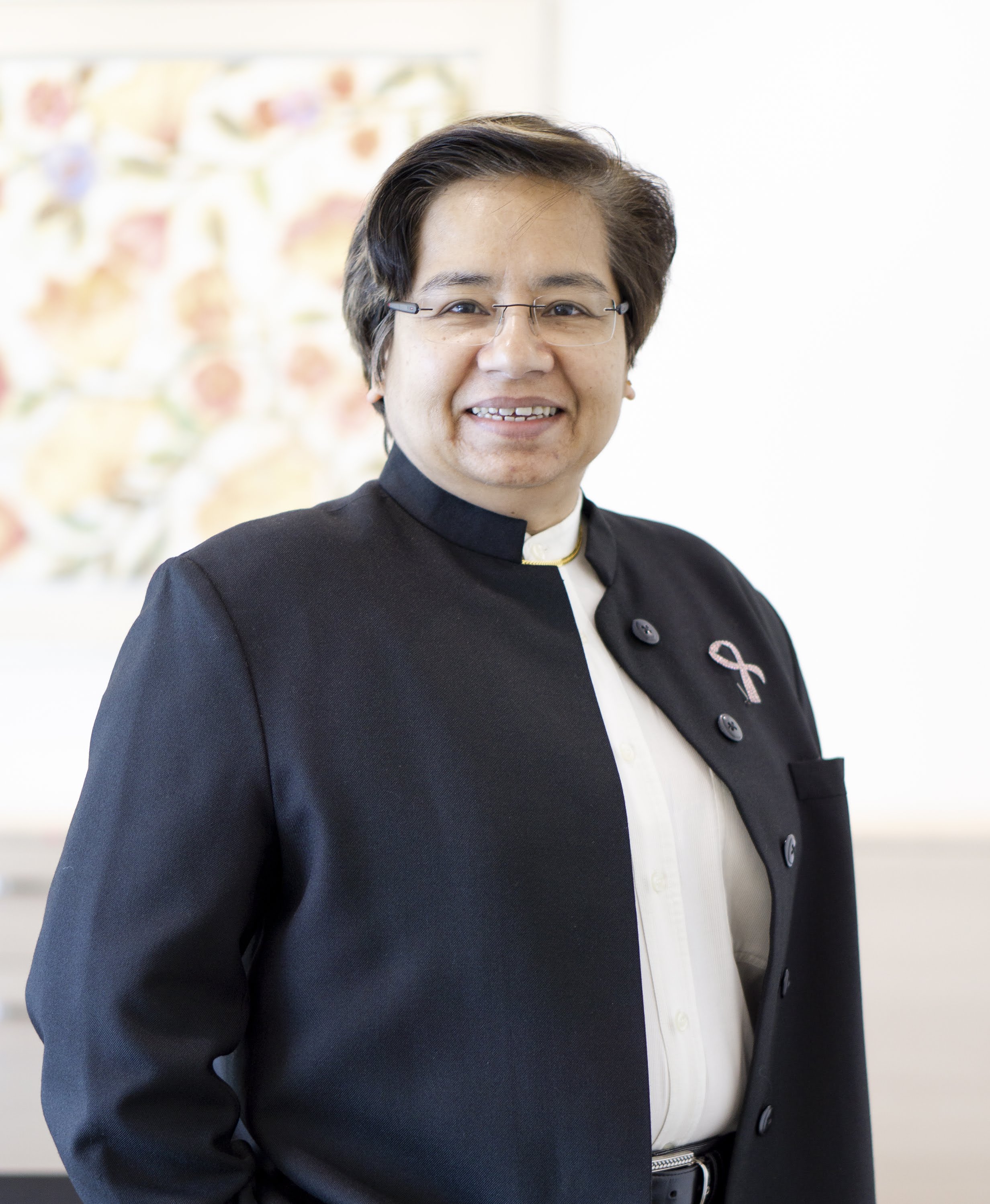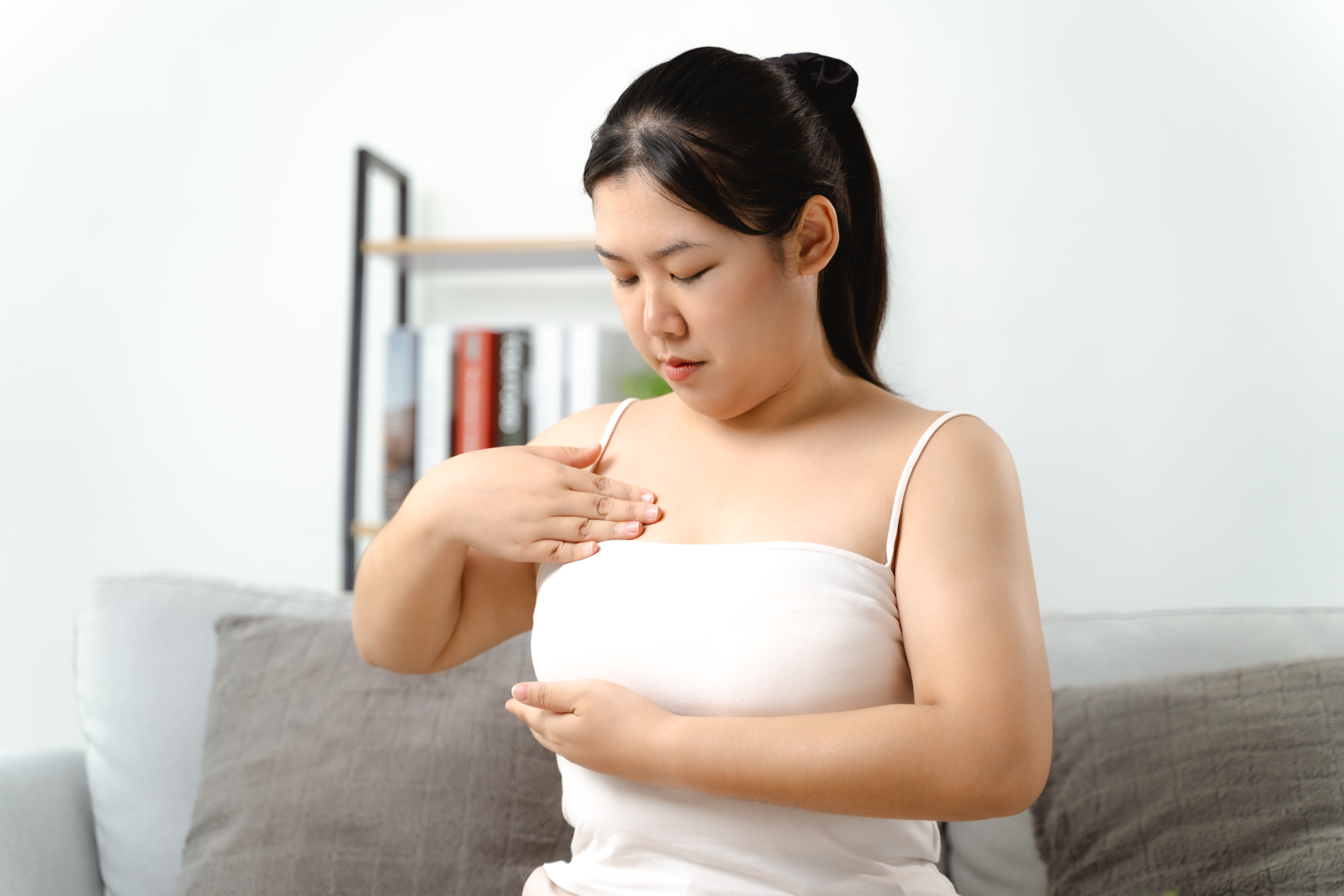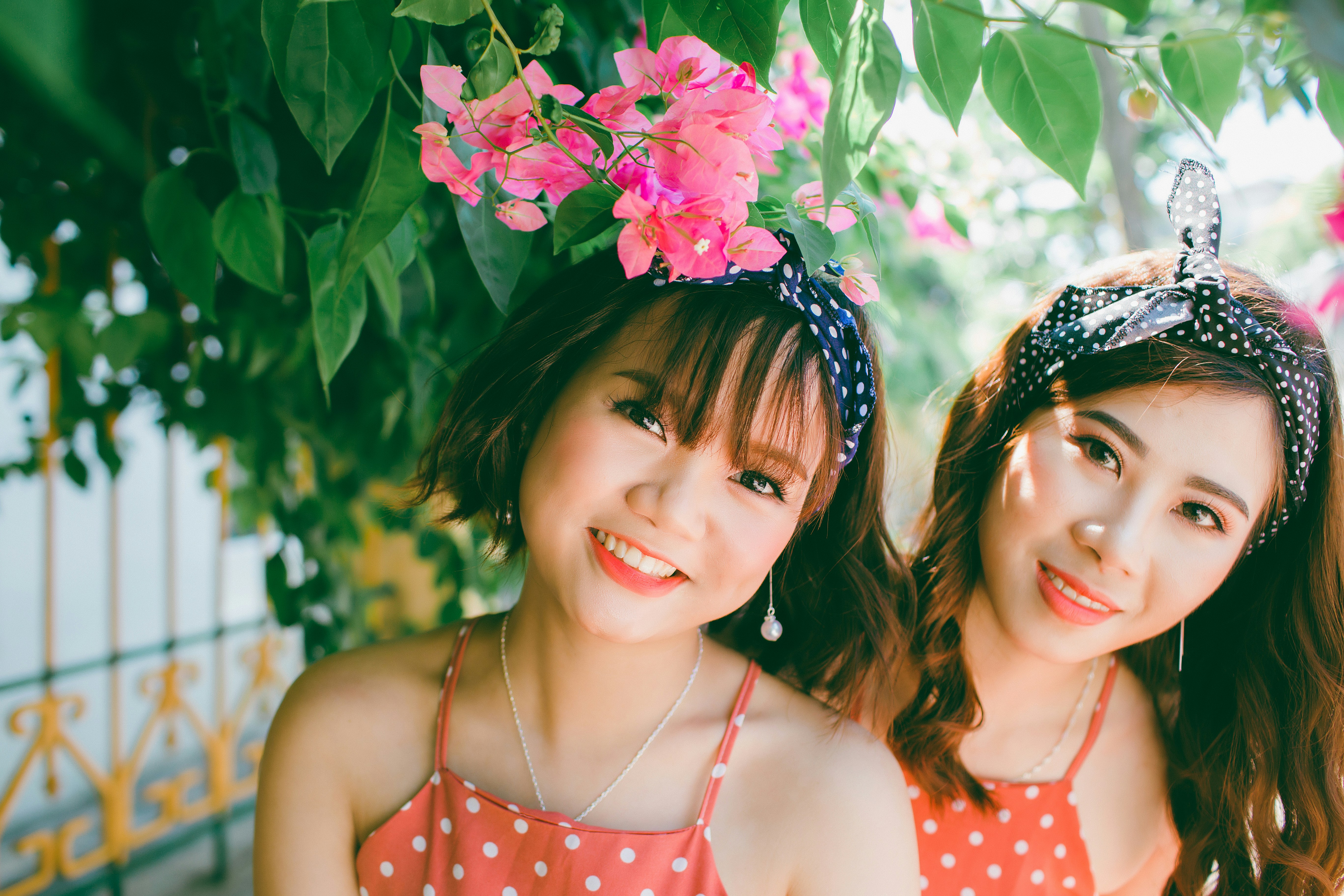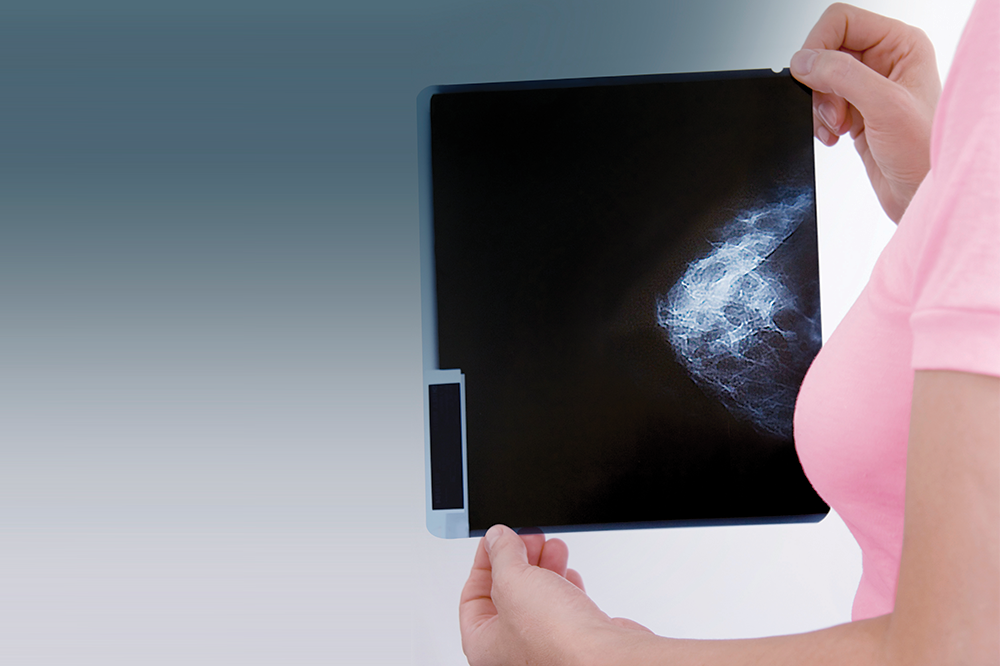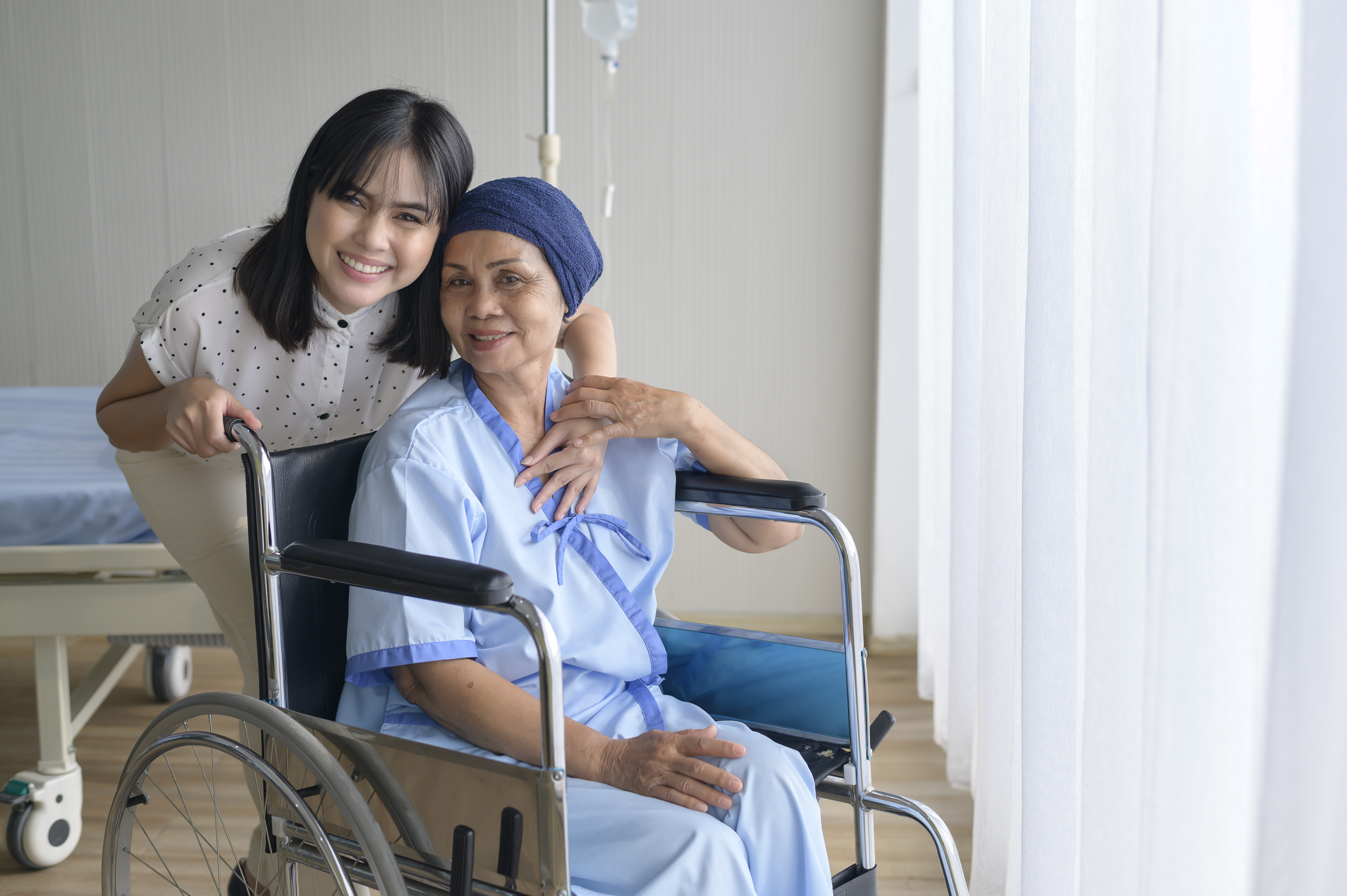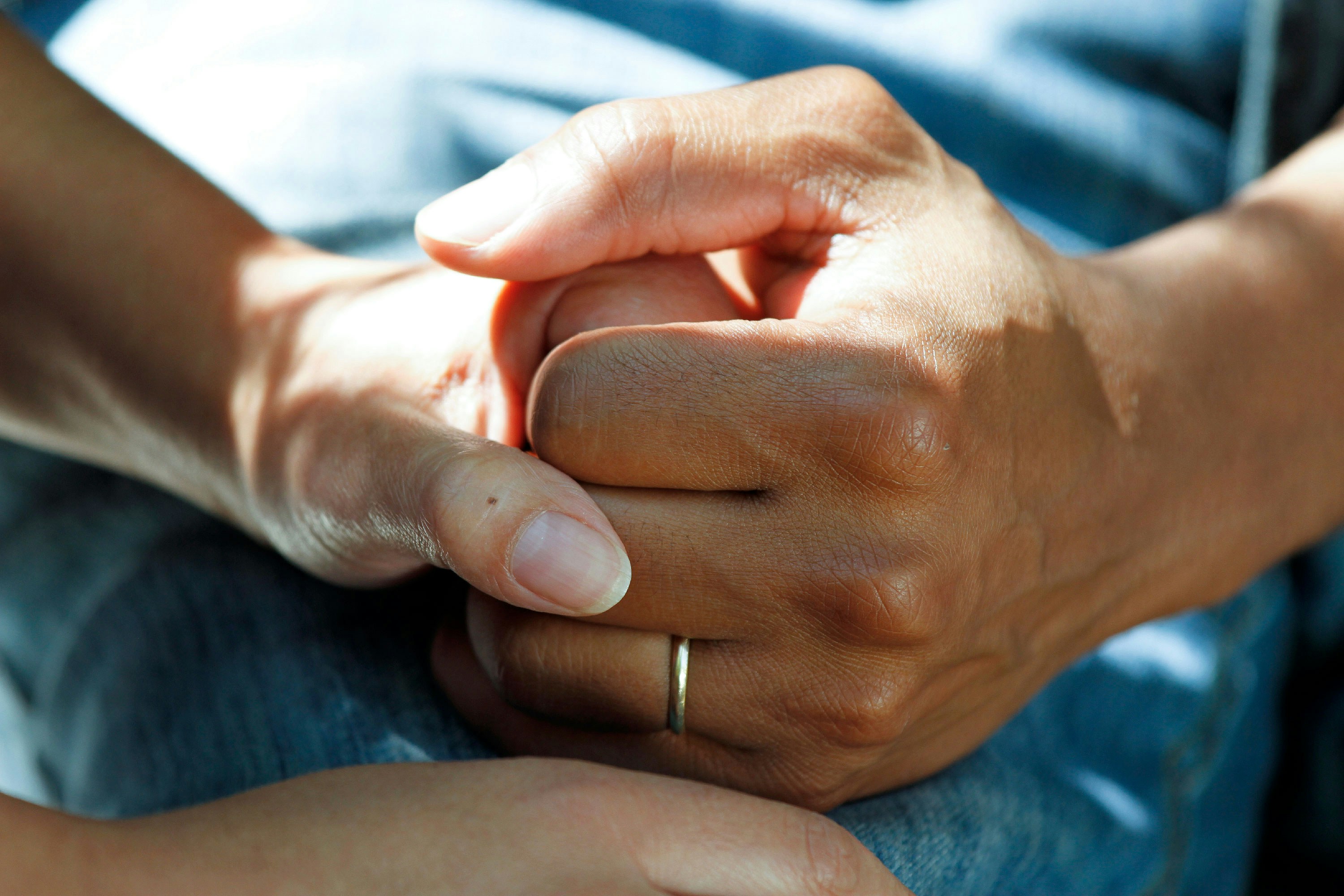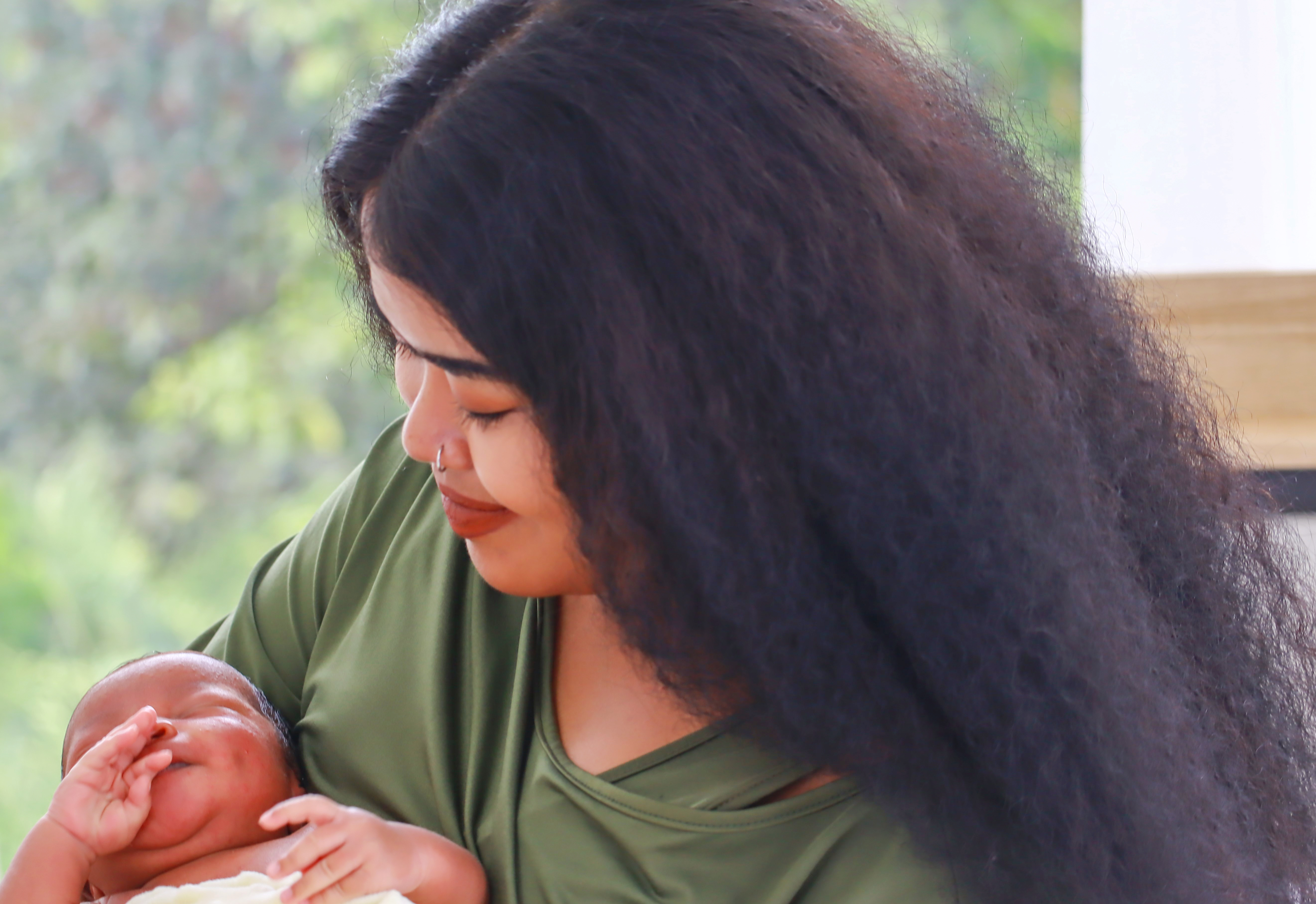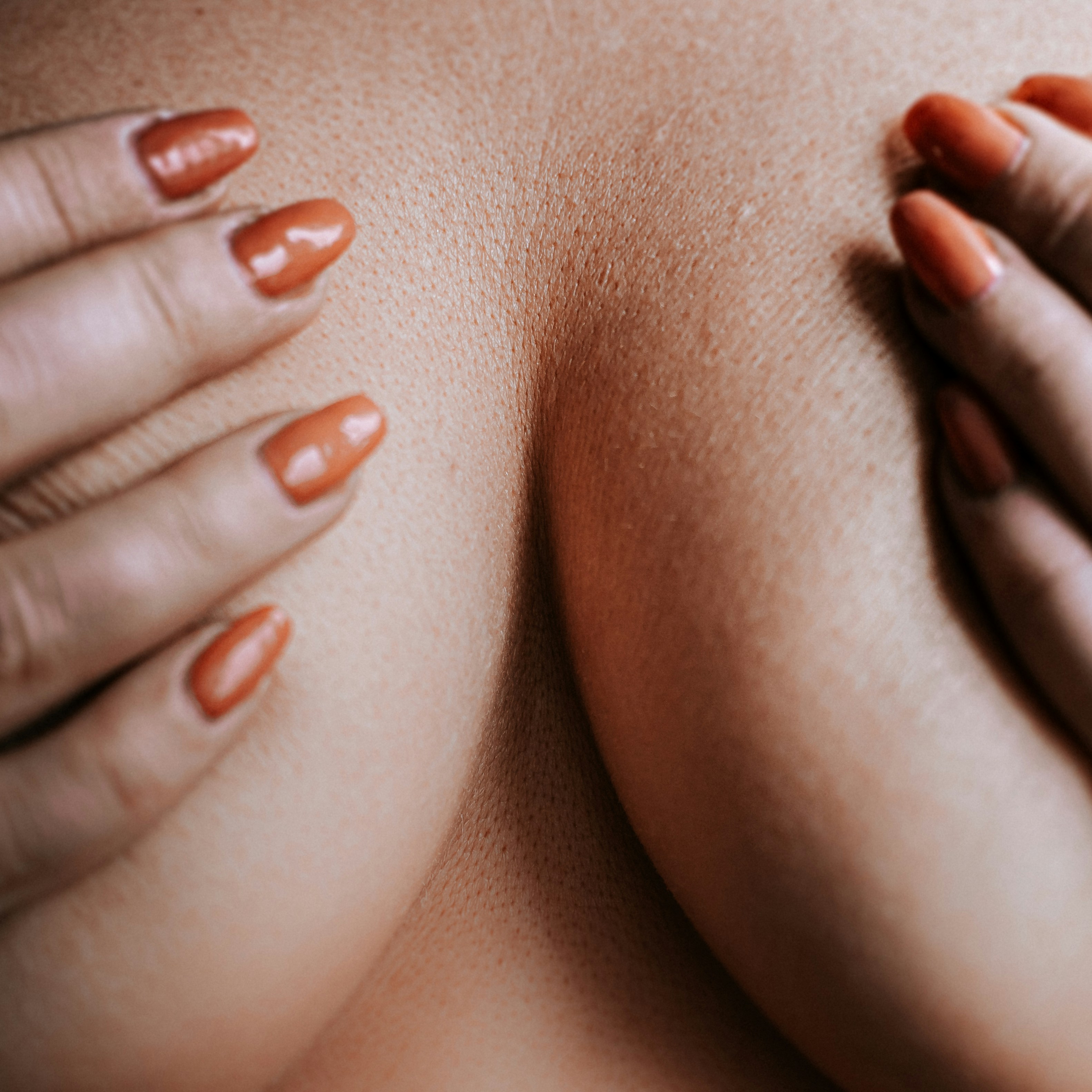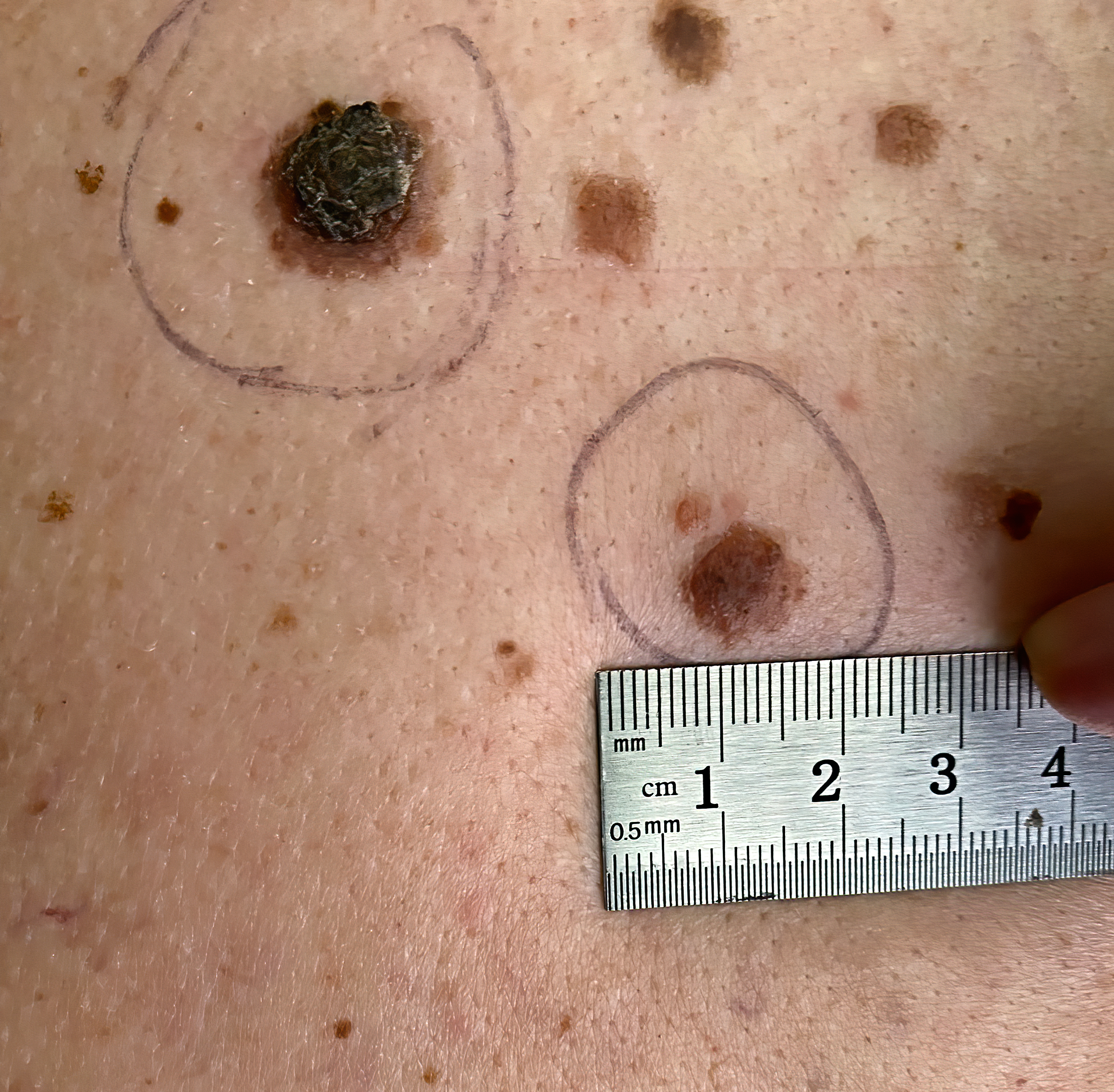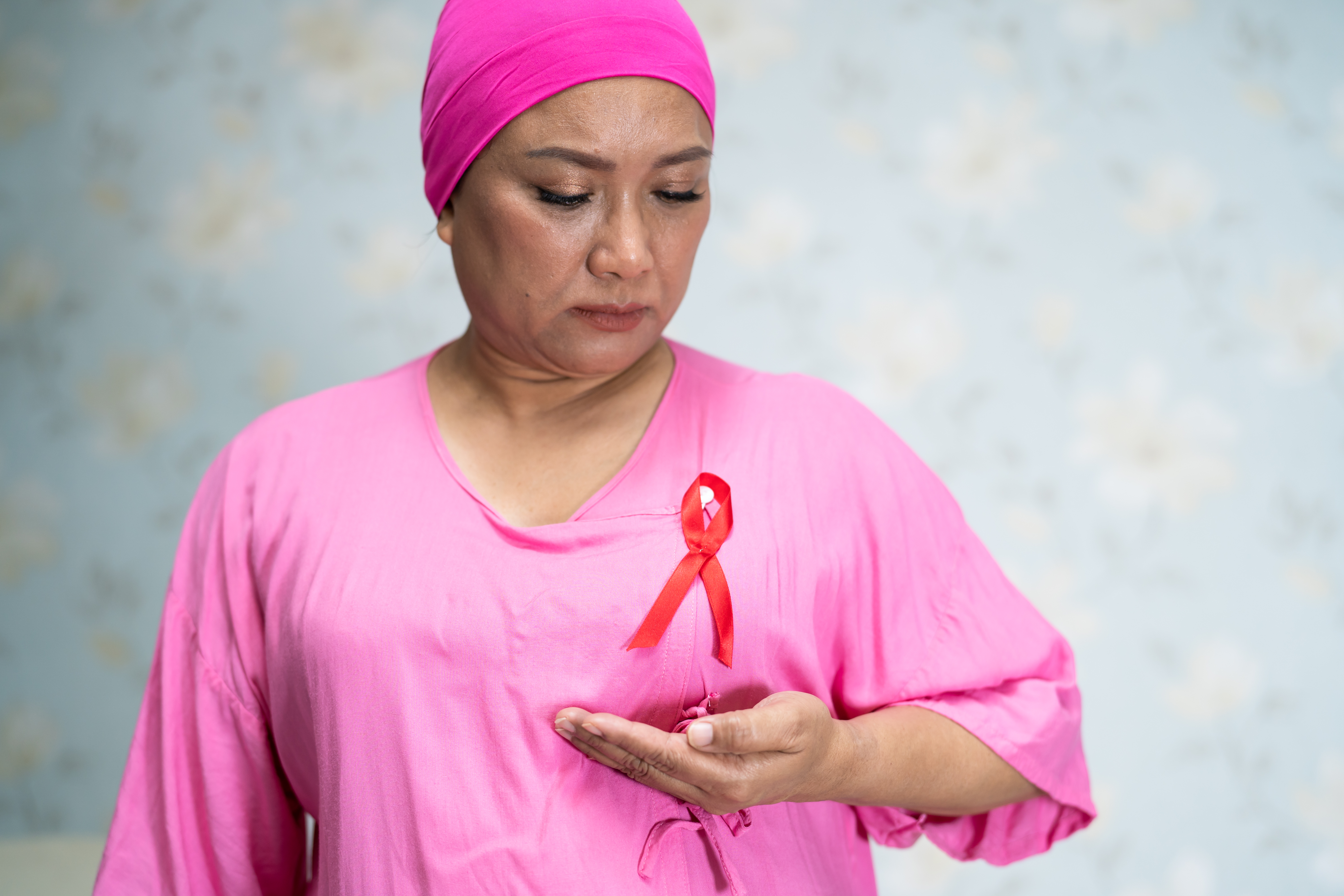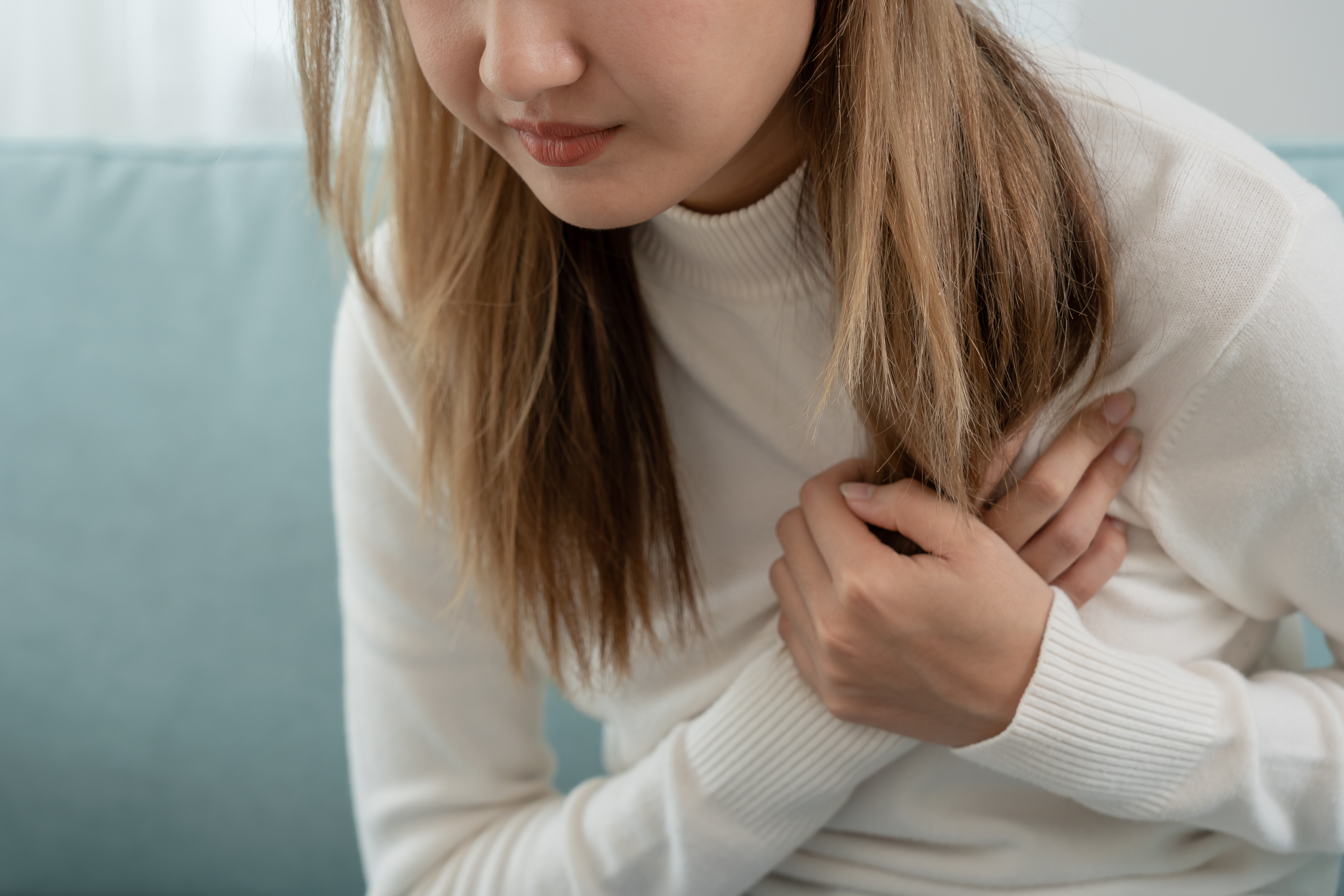A Breast & Endocrine Surgeon Answers 12 Common Questions M'sians Have About Breast Cancer
You asked, and now, here are the answers!
With so many uncertainties surrounding breast cancer, we spoke to Dr Patricia Gomez, a consultant breast and endocrine surgeon at Pantai Hospital, to get some insight
Dr Patricia Gomez, a Senior Consultant Breast Surgeon at Pantai Hospital Kuala Lumpur, has been with the hospital since the establishment of its first one-stop private Breast Care Centre in 2006. She has also served as the co-chair of the hospital's annual CSR breast cancer advocacy program, 'Wear It Pink', since its inception in 2006.
With her expertise in breast cancer and surgical management, Dr Patricia is passionate about educating the public on breast cancer awareness as well as doing advocacy work for breast cancer survivors.
She was previously in charge of the Breast Clinic at Hospital Kuala Lumpur, the country's national referral centre, from 1995 to 2005. Impressively, she even worked with Malaysia's Health Ministry to come up with the Clinical Practice Guidelines for breast cancer.
1. What are some changes I can look out for in my breasts? Other than lumps, are there other signs of breast cancer?
"A painless lump is the most common symptom of breast cancer, but any changes to the skin, a rash on the nipple or nipple discharge, especially bloody discharge, can also be a symptom. Dimpling of the skin and nipple retraction too. Rarely is pain a sign of breast cancer, less than 5%."
- Dr Patricia
2. There is a history of breast cancer in my family (mother, grandmother, etc.). Does that mean I will get it too? Should I get a mastectomy now to prevent breast cancer?
"Breast cancer is one of the cancers that can be hereditary and run in families. But it only accounts for 10% of all the breast cancer cases we see. In hereditary breast cancer, there will be many female members in the family with breast or ovarian cancer, and breast or prostate cancer in the male members of the family.
"Nowadays, genetic testing can be done usually for the index person, (i.e. the person with the cancer) to check if they are carriers for the BRCA I and II genes. If they are positive for the gene, then the other members of the family can also do the test.
"If you are a carrier of the BRCA I or II gene (like Angelina Jolie), then you are at high risk for breast or ovarian cancer, and you may then do risk reducing surgery (bilateral mastectomies with reconstruction) to decrease the risk of getting the cancer."
- Dr Patricia
3. Does getting implants increase my chances of getting breast cancer? And if I had a boob job done, can I still get a mammogram?
"No, implants do not increase your risk for breast cancer. And yes, you can still have a mammogram done with implants in situ, as we do implant sparing views for the mammograms."
- Dr Patricia
4. Can young people get breast cancer too or is it only old people?
"The Malaysian incidence for breast cancer is maximum between the ages of 45 years to 55 years, but we are seeing more young patients with breast cancer now. Those that are gene carriers typically get breast cancer in their 30s."
- Dr Patricia
5. Why do women get breast cancer more often than other types of cancer? What can we do to prevent it?
"Unfortunately, we do not know why breast cancer is the number one cancer, but I believe that it may be because there are many changes to the breast tissue within the monthly menstrual cycles.
"And if the hormones are not running well (e.g. stress or depression), there is exposure to carcinogens, or immunity is depressed, then there maybe an increased chance of a cancer forming."
- Dr Patricia
6. Can breastfeeding really reduce the risk of getting breast cancer?
"During breastfeeding, the breast is exposed more to progesterone than estrogen, and so the risk is supposed to decrease. However, there is no scientific evidence for this. It is only an observation that breastfeeding somewhat protects against breast cancer."
- Dr Patricia
7. Is having breasts of different sizes (one bigger than the other) a health risk?
"No size is of no risk at all."
- Dr Patricia
8. Is it possible for someone to get breast cancer even if you're taking good care of yourself such as practising a healthy diet, exercising, and getting a good amount of sleep?
"Breast cancer is multifactorial, so although it is less likely if you are practising a healthy lifestyle, it can still occur."
- Dr Patricia
9. Is it normal to have moles/black spots on or around my breasts? Are they a cause for concern?
"Moles and black spots are on the skin. Breast cancer usually starts from the milk ducts within the breasts. Moles and other pigmented spots can become skin cancer, but usually in exposed areas, with overexposure to sunlight."
- Dr Patricia
10. I have a lump that never grows but is still there. Should I remove it? Also, can benign lumps that have been removed grow back? Will they cause cancer down the line?
"Usually, lumps that do not grow can be water cysts or benign fibroadenomas. We do not operate on them unless they keep growing or are very large, more than 2.5 to 3cm in size.
"Benign fibroadenomas do not usually grow back in the same place, but can occur in different parts of the breasts. Some women have multiple fibroadenomas. They do not form cancer."
- Dr Patricia
11. Is it true that talc powder contains carcinogens that lead to cancer? How does this occur? Is it through breathing in the talc or absorption through the skin?
"Unfortunately, we do not have enough scientific evidence to prove that talc is carcinogenic.
"There are random reports on this, and actually, because of a large lawsuit in the US, talc has been blamed. Talc is actually mined, and if it is mined with asbestos (a known carcinogen), then exposure to asbestos can cause cancers, both inhaled (lung cancer) and maybe ovarian cancer from absorption.
"But so far, there is no evidence for breast cancer."
- Dr Patricia
12. Is having breast tenderness/pain during and after menstruation normal? I went for a checkup but didn't find any lumps. What other causes for breast pain is there?
"Yes, breast pain or mastalgia is common and normal. It is due to water retention in the breasts during the menstrual cycle, which is physiological due to changes in the breasts' monthly preparation for pregnancy.
"When the menses start, the water usually gets re-absorbed and the pain subsides. Decreasing caffeine during this period can help decrease pain.
"Other causes of breast pain are infection, mastitis, or an abscess."
- Dr Patricia
The information provided is for educational and communication purposes only and it should not be construed as personal medical advice. Information published in this article is not intended to replace, supplant or augment a consultation with a healthcare professional regarding the reader's own medical care.
Visit The Pink Ribbon to learn more about breast cancer, raise awareness, and provide support to those who need it most!
